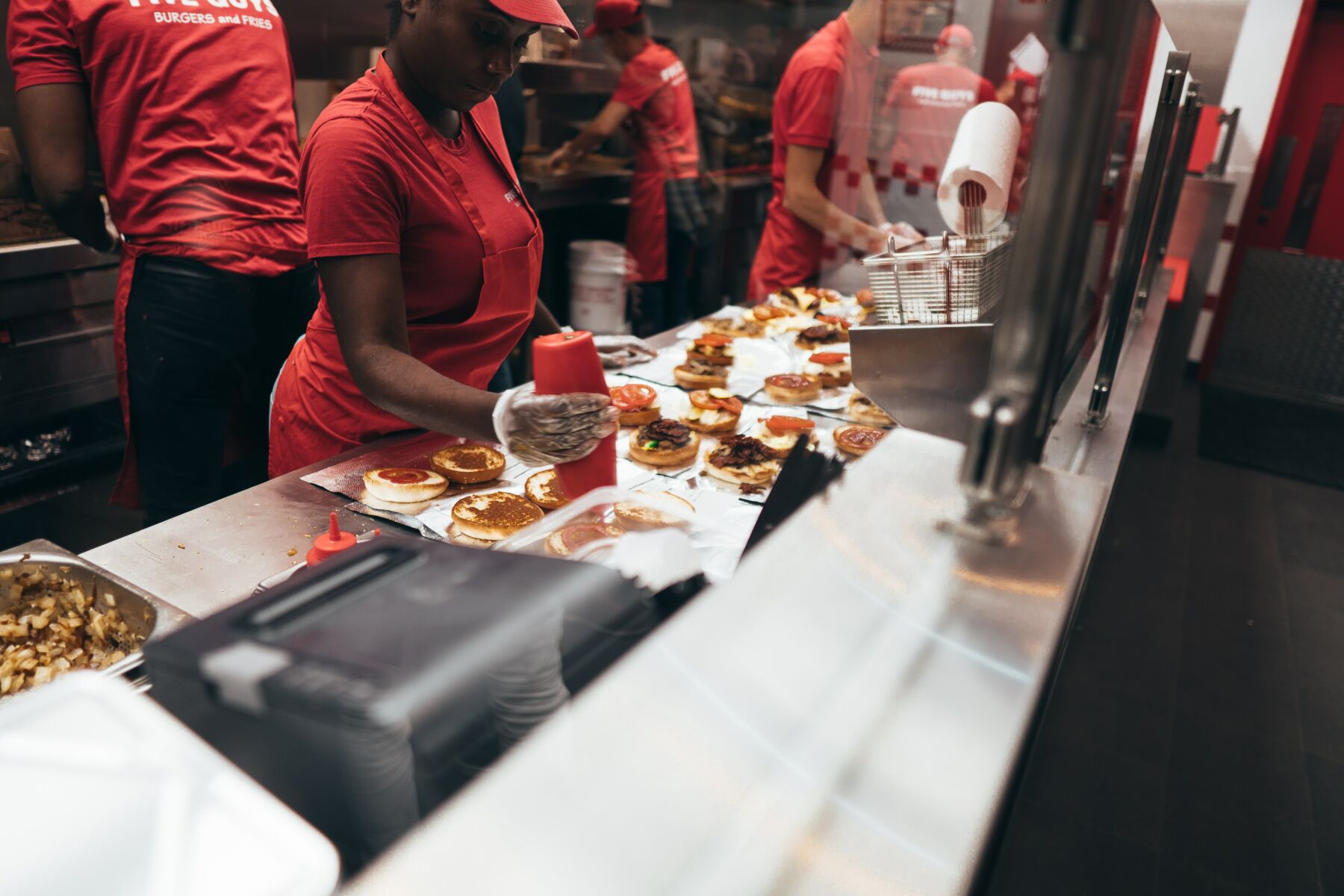Fast food slows down amid technology advancements and post-pandemic challenges

Fast food restaurants have long been associated with swift service and short wait times. However, recently in Singapore, a student had to wait for around ninety minutes for her McDonald‘s meal, sparking debate online as to why the fast food industry appears to be slowing down despite the growing use of self-service technologies.
The traditional fast food model of operation prioritised efficiency and speed, with multiple counter services and simple, limited menus. This allowed busy consumers to eat and leave within thirty minutes. With the advent of technology, self-ordering digital kiosks and cashless payments aimed to streamline operations even further, freeing up staff to focus on food preparation and order collection.
However, the COVID-19 pandemic and ensuing movement restrictions resulted in increased demand for online orders, deliveries, and self-collection. Fast food outlets responded by converting dine-in spaces into production and collection hubs, reducing menu options, and adjusting to the challenges of meeting online order fulfilment.
Despite this adaptation, as restrictions have eased, diners have begun returning to restaurants, leading to increased wait times for orders. The issue seems to stem from kitchens struggling to keep up with orders placed both on-site and online, and a shift in customer behaviour. With consumers increasingly ordering online, even post-pandemic, the system is struggling to maintain the pace and efficiency it once had.
Additional challenges posed by the pandemic, such as staff shortages and supply chain disruptions, exacerbate the problem even further. The mismatch between front-of-house demands and the back-of-house ability to cope is resulting in a longer wait time for customers who expect fast food to be just that – fast. In the US, a study by consumer analytics platform CivicScience released in February found that three-quarters of fast-food diners expect their orders in five minutes or less. A separate poll showed that over one-third of fast-food diners even switched to a different establishment or stopped visiting a specific restaurant due to wait times.
As a result, fast-food restaurants must rethink their business models and priorities, considering whether to focus on dine-in, take-out, or online deliveries. These decisions affect work processes, kitchen capacity, and manpower requirements. Streamlining menus to include timeless bestsellers and occasional seasonal offerings would help optimise efficiency.
Keeping cooking methods straightforward, investing in staff training and standardising layout across outlets will all contribute to maintaining the reputation of the fast-food industry as a quick and convenient solution for diners on the go. The focus should be on excelling in a few items rather than attempting to cater to all tastes and, in turn, slowing down the process. This approach will ultimately lead to faster service and a better customer experience for all – putting the ‘fast’ back into fast food, reports Channel News Asia.
Latest Thailand News
Follow The Thaiger on Google News:


























